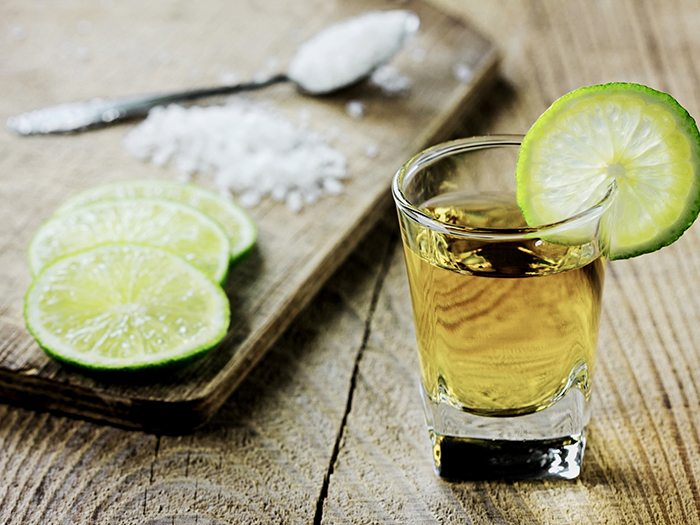The late US comedian Art Buchwald said that a bad liver is to a Frenchman what a nervous breakdown is to an American. Everyone has one, and everyone wants to talk about it.
In wine circles there’s a particular subject that everyone has an opinion about and wants to talk about: corks versus screwcaps. It’s the most dangerous dinner party debate, but if you recognise the signs, at least you can change the subject before it heats up.
It goes like this: mix together a couple of winemakers, two or three wine writers, two Masters of Wine and at least one devil’s advocate (those who are anti screwcaps add a unique flavour to these situations).
Host this lethal combination around a dinner table with good and great wines sealed with natural cork, plastic “cork”, screwcaps, Diam cork, ZORK and glass stoppers. Pour everyone two different wines, one sealed with cork and one sealed with any of the other closures.
Wait 10 minutes. Watch the first argument bubble to the surface. Leave the mixture alone. When the mixture begins to froth a little more, open a wine sealed with a Diam cork, pour, and leave the debate to ferment. It’s not a pretty sight.
If you thought that talking about wine tannins was dull, or that sex, politics and religion were taboo topics at the table, you haven’t seen anything yet.
Corks versus screwcaps is enough to bring the most reserved people close to blows. Before you know it, even restrained wine drinkers are over-indulging in a vain attempt to dull the pain.
The problem is, everyone wants an absolute solution, and there is no absolute. The science is impossible to measure because corks vary enormously, screwcaps haven’t been tested long term on red wines, and Diam cork (the supposed wonder cork, which is glued together) can still be affected by cork taint.
“Every cork varies. You can have one cork where you get an almost total 100 per cent airtight seal and another cork that can let in 100 times more air, which means that the permeability of every cork varies. It’s impossible to measure because you would need a measuring device inside each bottle to come to a conclusive answer, and no such device yet exists,” says Master of Wine and general manager of Craggy Range Winery, Steve Smith.
Once a fence-sitter in the corks versus screwcaps debate, Smith admits he now can’t imagine any white wine tasting better under cork than screwcap.
“I used to think chardonnay would be better under cork, but we’re finding our wines are much better under screwcap because they’re always fresher and always consistent. I’ve opened several bottles of chardonnay sealed with cork and every bottle tastes different – some are great, others are corked, and some just taste tired.
“For red wines, I have a buck each way, so to speak, since we seal the winery’s pinot noirs with screwcaps and our Bordeaux-style reds under cork,” Smith says.
At the other end of the spectrum is Nick Mills, second-generation winemaker and biodynamic wine pioneer at Rippon Vineyard in Wanaka. His two new pinot noirs are sealed with cork.
“My peers in the wine industry told me I wasn’t respecting my customers by using cork because of all its problems: bottle variation, cork taint and oxidation,” Mills says. “To a fair extent, screwcaps take care of those issues, but I don’t like my wines being represented with them.
“I try to avoid using plastic in my life. Sometimes I have to compromise on that, but we’re going to have to learn to live without it, and I don’t like it being in contact with the wine I make.
“When I sealed my 2003 and 2004 wines with cork, people said, ‘What on Earth are you doing?’ I replied that I don’t like plastic, tin or aluminium, which is why I’m now using Diam cork [a treated composite cork].”
Most winemakers do agree that plastic “corks”, also known as synthetic closures, are the worst seals for wine. They impart a plastic taste to the wine, they allow it to oxidise because they don’t have natural cork’s amazing expansion and contraction abilities, and they break down in the wine after a couple of years.
The perfect wine closure has yet to be discovered or invented, but while we’re waiting for it, at dinner parties some things are best left unsaid.






